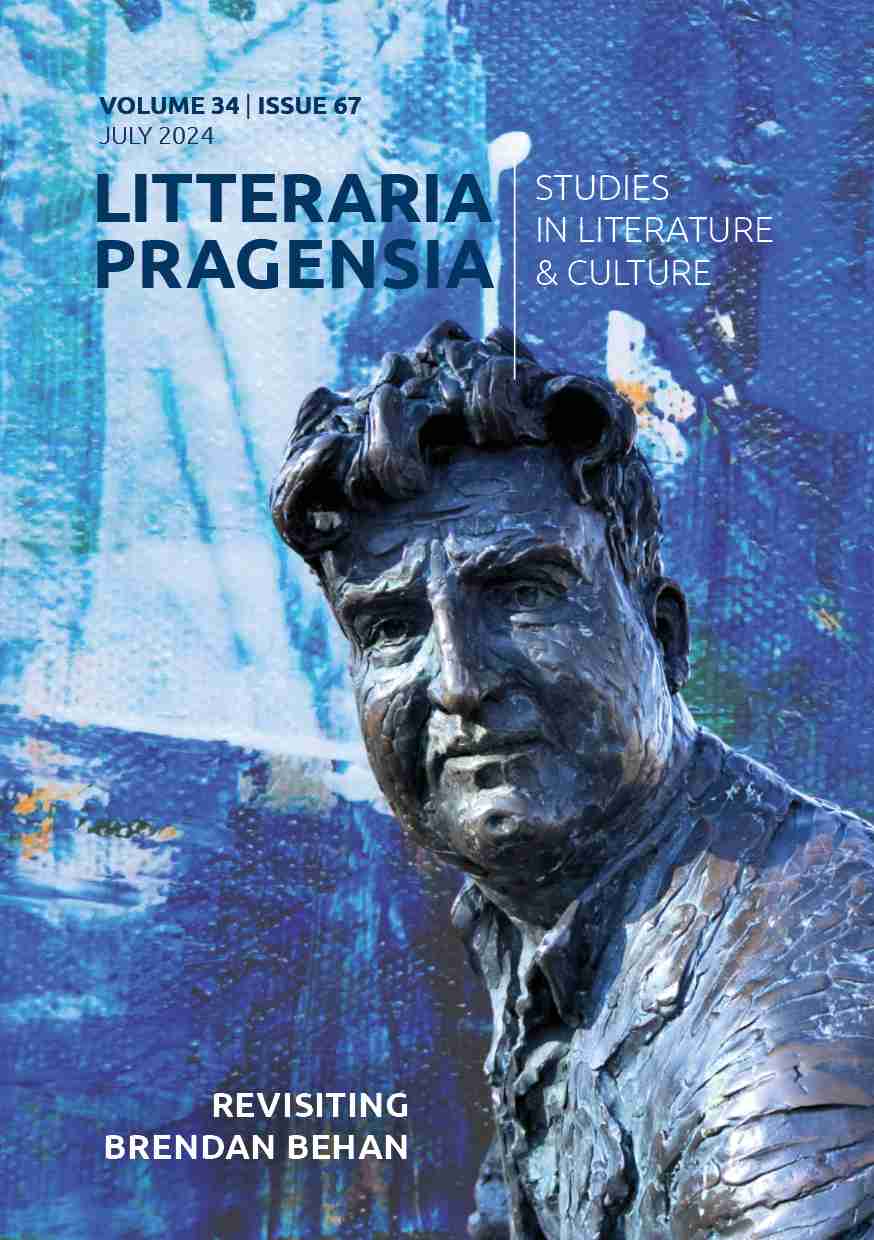Irony, Trauma, and Compassion: Brendan Behan’s and Maeve Brennan’s Mid-century Short Prose
Irony, Trauma, and Compassion: Brendan Behan’s and Maeve Brennan’s Mid-century Short Prose
Author(s): Klára Witzany HutkováSubject(s): Studies of Literature, Sociology, History of ideas, Social Theory, Sociology of Literature
Published by: Univerzita Karlova v Praze - Filozofická fakulta, Vydavatelství
Keywords: life writing; working-class writing; women’s writing; Maeve Brennan; The New Yorker; The Long-Winded Lady; flâneuse; Brendan Behan; travel writing; The Irish Press; modern Irish history
Summary/Abstract: Born only a few years apart, Brendan Behan (1923) and Maeve Brennan (1917) were children of independent Ireland, raised by Republican families on the opposite banks of the Liffey. Although they probably never met – in Dublin or New York – there are fascinating parallels, as well as contrasts, in their biographies and in their writing. This article compares Behan’s and Brennan’s life-writing short prose, published predominantly in The Irish Press (1951-1957) and The New Yorker (c. 1950s-1960s), respectively. Brennan’s contributions to the “Talk of the Town” column under the pseudonym The Long-Winded Lady, as well as a few other autobiographical pieces, are analysed as a counterpart to Behan’s Irish Press column. The essay focuses on three common areas in the selected writing: irony as Brennan’s and Behan’s response to their positions of a female and working-class writer, respectively, their revisiting of personal and collective memories of traumatic moments in modern Irish history, and a socially aware and compassionate chronicling of the lives of ordinary people.
Journal: Litteraria Pragensia: Studies in Literature and Culture
- Issue Year: 34/2024
- Issue No: 67
- Page Range: 105-124
- Page Count: 20
- Language: English

